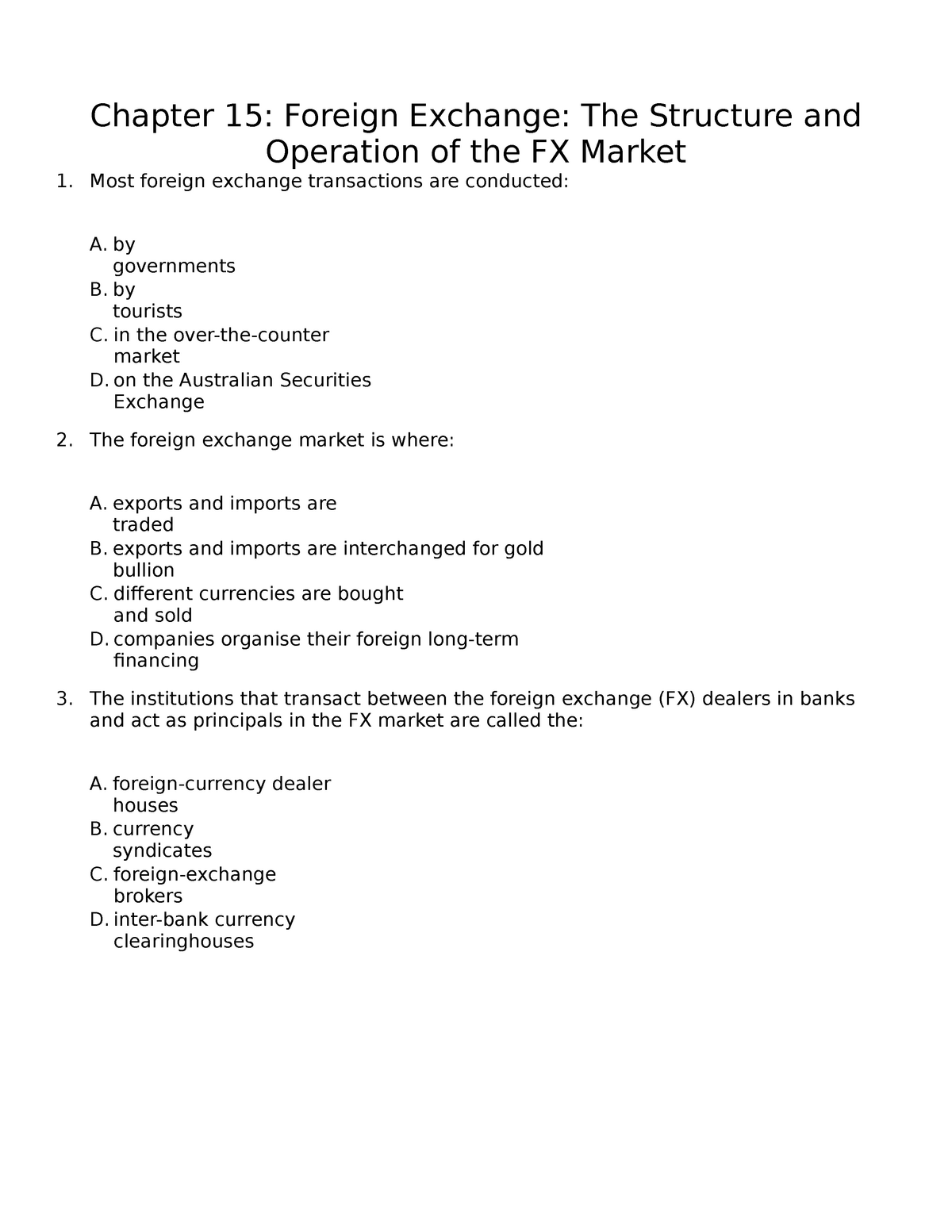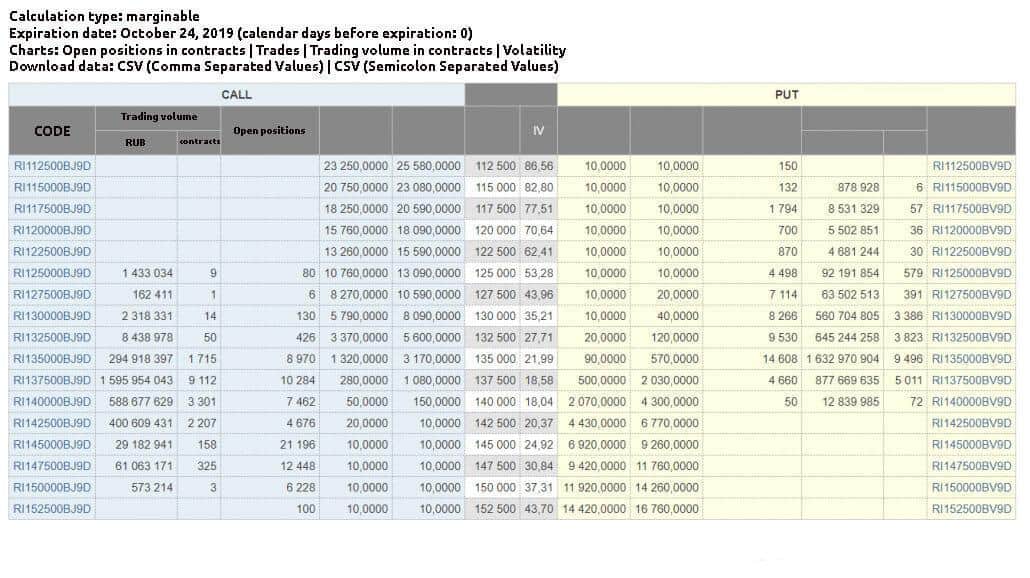
Investing is the process of setting money aside for a longer period of time with the goal of building up your wealth. It can be accomplished by purchasing securities, such as stocks, bonds, or mutual funds. You can invest in a number of asset classes, including commodities, cash, and real estate. Bonds, stocks, certificates and life insurance are some of the most common types of investment. These investments can be purchased through a financial institution, or through a trading platform.
There are many different ways to invest your money. Active investing requires that you are involved in stock selection. Active investors conduct research about the companies, geographic areas, and sectors they wish to invest in. They also make bets and trade securities in order to profit from short-term price changes. They also often make use of technical analysis, which attempts to predict the future value of an asset by examining the current price.

Passive investing involves holding assets for several years or longer. Indexing is a strategy that seeks to replicate the returns from a specific benchmark index. You can also use dollar-cost average to break up purchases over certain periods. This method reduces the impact of price volatility on your investment.
It is important that you understand the risks involved in investing. You can reduce this risk by diversifying your investment portfolio. By purchasing assets across different asset classes, you can lessen the chances of losing everything. In addition, you can also benefit from the power of compounding. Many investors take advantage of the tax benefits that retirement accounts offer.
There are many types of investments, including stocks and bonds, real estate, commodities and mutual funds. Each type has its risks. The best time to invest in assets is right away. You can also improve your wealth by purchasing assets at bargain rates. It is essential to make a plan. Stick to it. It's not a good idea to invest just because you think it's a good idea.
The easiest way to increase wealth is to purchase securities. These can be purchased through a financial institution, such as a bank, or through a trading platform. Annuities, for instance, are another form of security. You can also purchase bonds through the government, or through a broker. These investments can also involve a higher level of risk, as opposed to a standard savings account. If you are able to afford the risk, it may be worth your investment.

It is important to evaluate your financial situation and long-term goals before you decide on which investment to make. If you're only looking to invest for a few decades, it might be best to stick with low risk investments. If you're looking to invest for retirement, however, you might be better off with higher-risk investment options.
FAQ
Are bonds tradeable?
The answer is yes, they are! They can be traded on the same exchanges as shares. They have been doing so for many decades.
The difference between them is the fact that you cannot buy a bonds directly from the issuer. You must go through a broker who buys them on your behalf.
This makes buying bonds easier because there are fewer intermediaries involved. This means that selling bonds is easier if someone is interested in buying them.
There are many types of bonds. While some bonds pay interest at regular intervals, others do not.
Some pay interest annually, while others pay quarterly. These differences allow bonds to be easily compared.
Bonds are a great way to invest money. For example, if you invest PS10,000 in a savings account, you would earn 0.75% interest per year. This amount would yield 12.5% annually if it were invested in a 10-year bond.
If you put all these investments into one portfolio, then your total return over ten-years would be higher using bond investment.
What's the difference between a broker or a financial advisor?
Brokers are specialists in the sale and purchase of stocks and other securities for individuals and companies. They handle all paperwork.
Financial advisors can help you make informed decisions about your personal finances. They help clients plan for retirement and prepare for emergency situations to reach their financial goals.
Banks, insurers and other institutions can employ financial advisors. They may also work as independent professionals for a fee.
You should take classes in marketing, finance, and accounting if you are interested in a career in financial services. It is also important to understand the various types of investments that are available.
What is security in the stock market?
Security is an asset that generates income. Shares in companies is the most common form of security.
One company might issue different types, such as bonds, preferred shares, and common stocks.
The earnings per shares (EPS) or dividends paid by a company affect the value of a stock.
If you purchase shares, you become a shareholder in the business. You also have a right to future profits. If the company pays a payout, you get money from them.
Your shares may be sold at anytime.
What is a Mutual Fund?
Mutual funds consist of pools of money investing in securities. Mutual funds provide diversification, so all types of investments can be represented in the pool. This reduces risk.
Professional managers manage mutual funds and make investment decisions. Some mutual funds allow investors to manage their portfolios.
Because they are less complicated and more risky, mutual funds are preferred to individual stocks.
Statistics
- US resident who opens a new IBKR Pro individual or joint account receives a 0.25% rate reduction on margin loans. (nerdwallet.com)
- Our focus on Main Street investors reflects the fact that American households own $38 trillion worth of equities, more than 59 percent of the U.S. equity market either directly or indirectly through mutual funds, retirement accounts, and other investments. (sec.gov)
- For instance, an individual or entity that owns 100,000 shares of a company with one million outstanding shares would have a 10% ownership stake. (investopedia.com)
- Ratchet down that 10% if you don't yet have a healthy emergency fund and 10% to 15% of your income funneled into a retirement savings account. (nerdwallet.com)
External Links
How To
How to make a trading plan
A trading plan helps you manage your money effectively. It helps you understand your financial situation and goals.
Before creating a trading plan, it is important to consider your goals. You may want to save money or earn interest. Or, you might just wish to spend less. If you're saving money, you might decide to invest in shares or bonds. If you are earning interest, you might put some in a savings or buy a property. And if you want to spend less, perhaps you'd like to go on holiday or buy yourself something nice.
Once you have an idea of your goals for your money, you can calculate how much money you will need to get there. This will depend on where and how much you have to start with. Also, consider how much money you make each month (or week). Your income is the amount you earn after taxes.
Next, make sure you have enough cash to cover your expenses. These include bills, rent, food, travel costs, and anything else you need to pay. These expenses add up to your monthly total.
Finally, figure out what amount you have left over at month's end. This is your net discretionary income.
You now have all the information you need to make the most of your money.
You can download one from the internet to get started with a basic trading plan. You can also ask an expert in investing to help you build one.
Here's an example of a simple Excel spreadsheet that you can open in Microsoft Excel.
This shows all your income and spending so far. It includes your current bank account balance and your investment portfolio.
Here's another example. A financial planner has designed this one.
It shows you how to calculate the amount of risk you can afford to take.
Do not try to predict the future. Instead, think about how you can make your money work for you today.